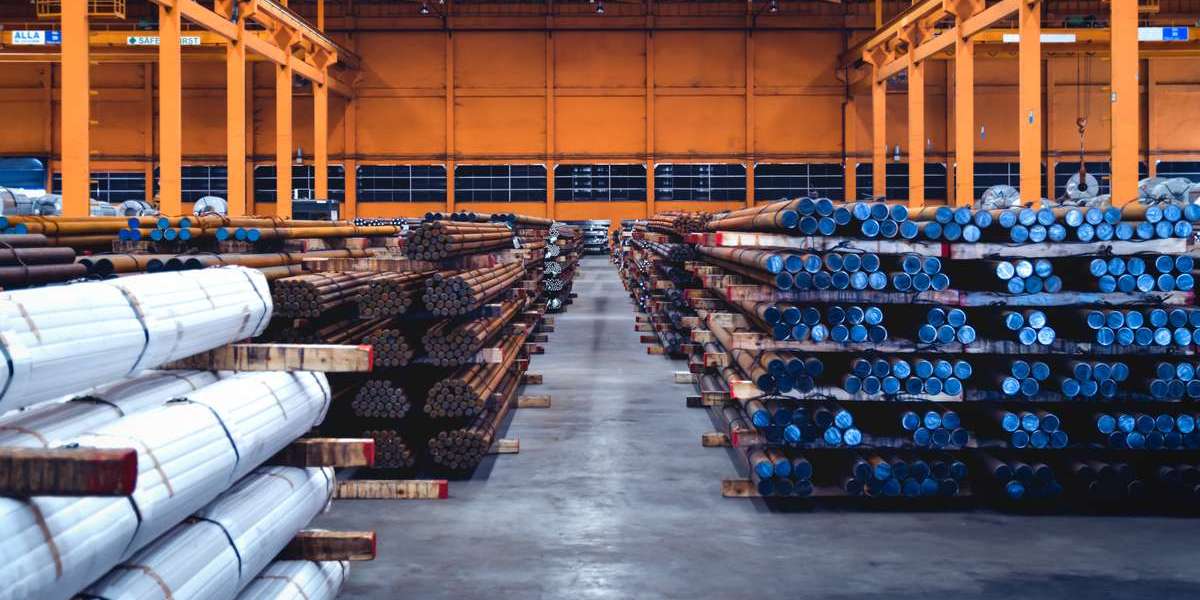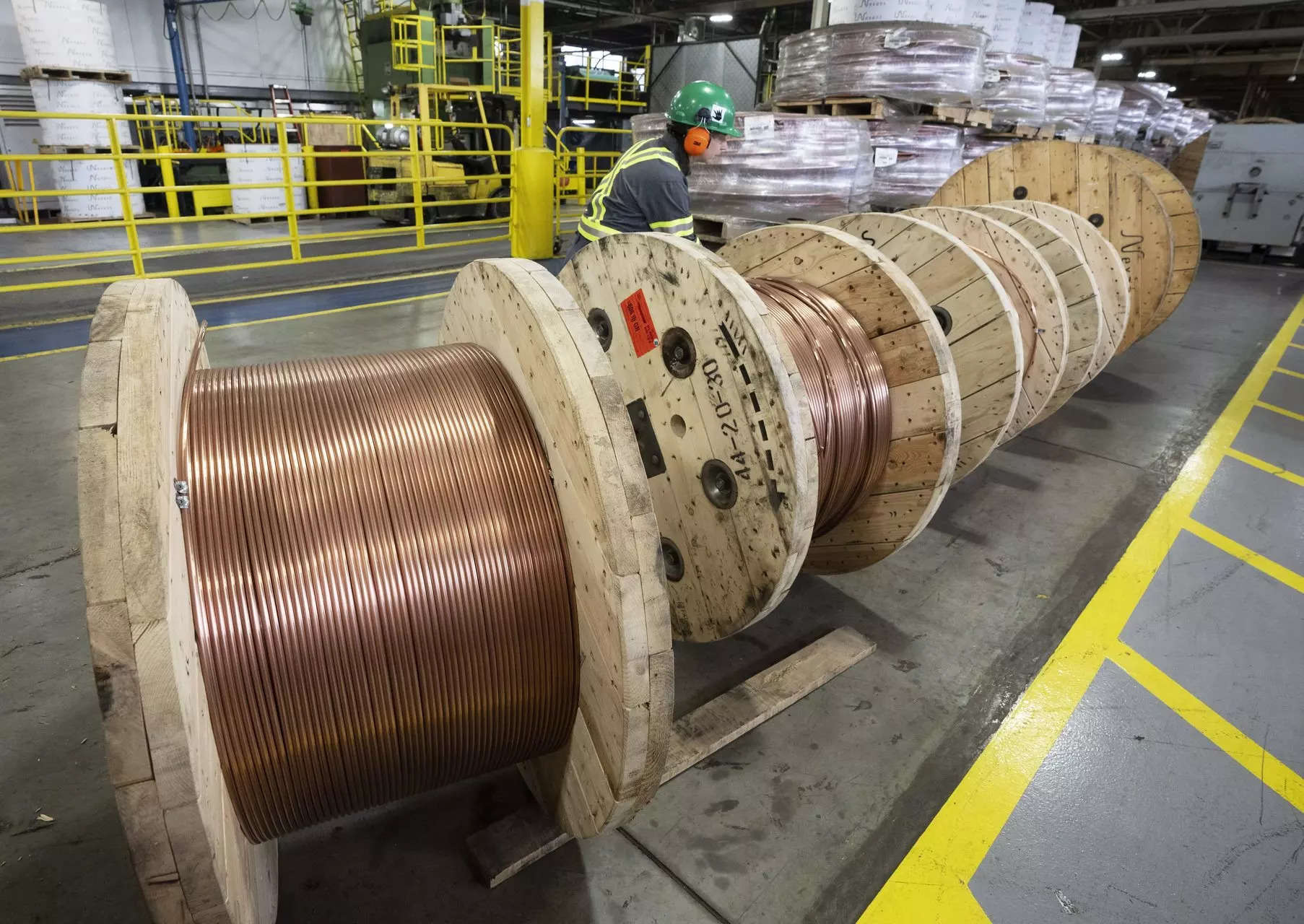Over the past few years, the industry has witnessed several significant mergers and acquisitions (M&A), driven by the need for consolidation, technological advancements, and expansion into emerging markets. In this article, we will explore some of the most notable mergers and acquisitions in the metals industry https://metalswire.net shedding light on the forces that are shaping its future.
Mergers and Acquisitions: Why They Matter in the Metals Industry
Mergers and acquisitions are common strategies used by companies to expand their market share, increase operational efficiency, or diversify their product offerings. In the metals sector, these deals have become increasingly important as companies seek to address global supply chain challenges, improve profitability, and respond to shifting demand dynamics. For many industry leaders, M&A activity provides an opportunity to leverage economies of scale, reduce costs, and create synergies that enhance competitiveness in an increasingly volatile market.
As the demand for metals continues to rise globally, companies in the metals sector are recognizing the importance of strategic partnerships and acquisitions to maintain growth and secure access to critical resources. The following are some of the most significant mergers and acquisitions in the metals industry in recent years.
ArcelorMittal and Essar Steel: A Strategic Move to Strengthen Market Position
One of the most notable M&A deals in the metals industry was the acquisition of Essar Steel by ArcelorMittal, one of the world's largest steel producers. In 2019, ArcelorMittal acquired Essar Steel India Limited for $5.7 billion, marking a significant step in its efforts to strengthen its position in the global steel market. This acquisition not only gave ArcelorMittal control over Essar's steel plants in India but also provided the company with access to a growing market in Asia.

This move was part of ArcelorMittal’s broader strategy to expand its footprint in emerging markets, where steel demand continues to rise due to infrastructure development and industrialization. With Essar Steel’s facilities now under its umbrella, ArcelorMittal is better positioned to compete in the Indian market, which is one of the fastest-growing in the world. This deal also highlights the growing trend of international consolidation in the metals sector, as major players seek to diversify and tap into new markets.
United States Steel and Big River Steel: A Move Toward Sustainability
Another important acquisition in the metals industry occurred in 2020 when United States Steel Corporation (U.S. Steel) acquired Big River Steel, a leading American producer of flat-rolled steel, for $1.4 billion. This acquisition was seen as a move by U.S. Steel to strengthen its position in the U.S. steel market and enhance its capabilities in producing sustainable steel products.
Big River Steel is known for its advanced steel-making technology, which includes electric arc furnaces that use recycled scrap metal as a primary input. This aligns with U.S. Steel’s commitment to reducing its carbon footprint and improving sustainability within its operations. By acquiring Big River Steel, U.S. Steel gained access to cutting-edge technology and expanded its capacity for producing high-quality, environmentally friendly steel.
This deal is a part of a broader trend in the metals industry, where sustainability is becoming a key factor in decision-making. With the growing demand for “green” steel products and the increasing pressure on companies to meet environmental regulations, M&A activity that focuses on sustainability is likely to continue shaping the future of the industry.
Alcoa and the Expansion of its Aluminum Business
In 2021, Alcoa, one of the world’s leading aluminum producers, completed the acquisition of a minority stake in the Australian-based aluminum producer, South32’s South African aluminum operations. This strategic move was part of Alcoa’s effort to expand its global footprint and diversify its portfolio. With the acquisition, Alcoa increased its access to high-quality bauxite, which is a key raw material used in aluminum production.

The deal also allowed Alcoa to expand its position in the growing aluminum market, which has been boosted by the increasing demand for lightweight materials in industries such as automotive and aerospace. Aluminum has become a critical material for electric vehicle (EV) production due to its lightweight properties, and this acquisition positions Alcoa well to benefit from the rapid growth of the EV market.
Alcoa’s acquisition strategy reflects a broader trend in the metals industry, where companies are focusing on securing access to key raw materials, such as bauxite, to ensure their long-term competitiveness. As the global transition to clean energy and sustainable technologies accelerates, aluminum is expected to play an increasingly important role, making Alcoa’s strategic acquisition highly significant.
China's State-Owned Enterprises: Expanding Their Reach Globally
State-owned enterprises (SOEs) in China have been major players in the global metals M&A landscape. Companies like China National Petroleum Corporation (CNPC) and China Baowu Steel Group have engaged in numerous high-profile acquisitions and investments in the metals sector, particularly in developing countries with abundant natural resources.
One such example is China Baowu Steel Group’s acquisition of a majority stake in the Brazilian steel company, Usiminas. The acquisition, valued at $2.2 billion, allowed Baowu Steel to strengthen its position in South America, tapping into the region’s rich natural resources and expanding its steel production capacity. This is just one of many similar deals involving Chinese SOEs, who are using M&A as a strategy to secure access to critical metals and expand their influence in key global markets.
The Impact of Mergers and Acquisitions on Metals News
Mergers and acquisitions in the metals industry often make headlines in metals news, signaling shifts in market dynamics and revealing new strategies for industry leaders. These deals are closely watched by investors, analysts, and stakeholders, as they often have significant implications for supply chains, market competition, and global production capacities. By tracking the latest M&A trends, industry professionals can gain valuable insights into the direction the metals industry is heading and anticipate future developments.
Conclusion: The Future of M&A in the Metals Industry
The mergers and acquisitions that have taken place in the metals industry over the past few years underscore the importance of strategic consolidation and global expansion in the face of shifting market conditions. As companies continue to face challenges related to sustainability, technological innovation, and global supply chains, M&A will remain a critical tool for growth and competitiveness.
Looking ahead, we can expect more mergers and acquisitions as companies seek to position themselves for success in a rapidly evolving industry. Whether driven by the desire to access emerging markets, adopt new technologies, or reduce environmental impact, M&A activity in the metals industry will continue to shape the landscape for years to come. Stay informed with the latest metals news to keep track of the next big moves in the industry.









